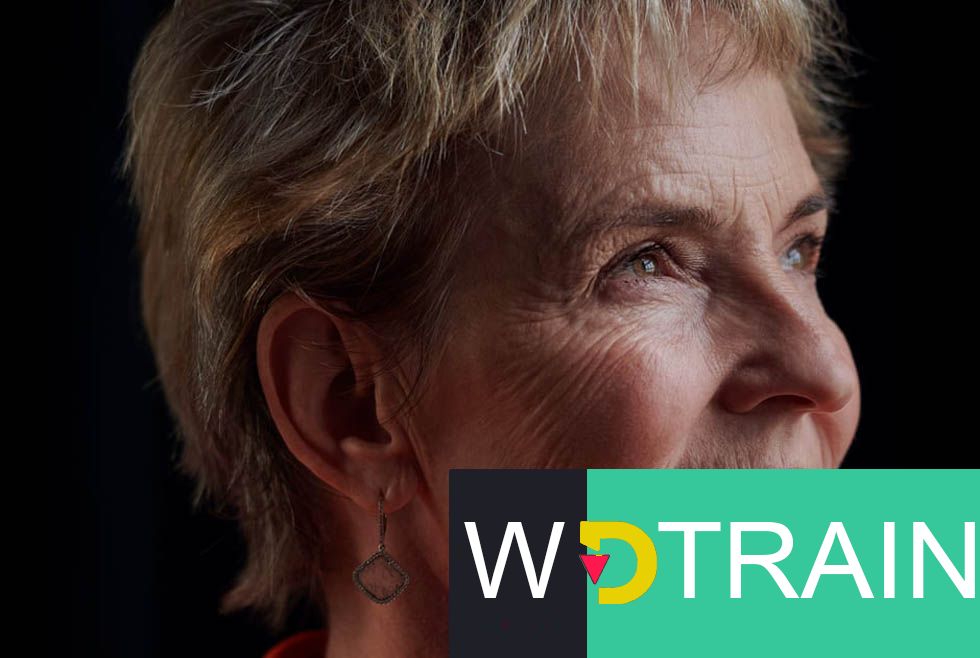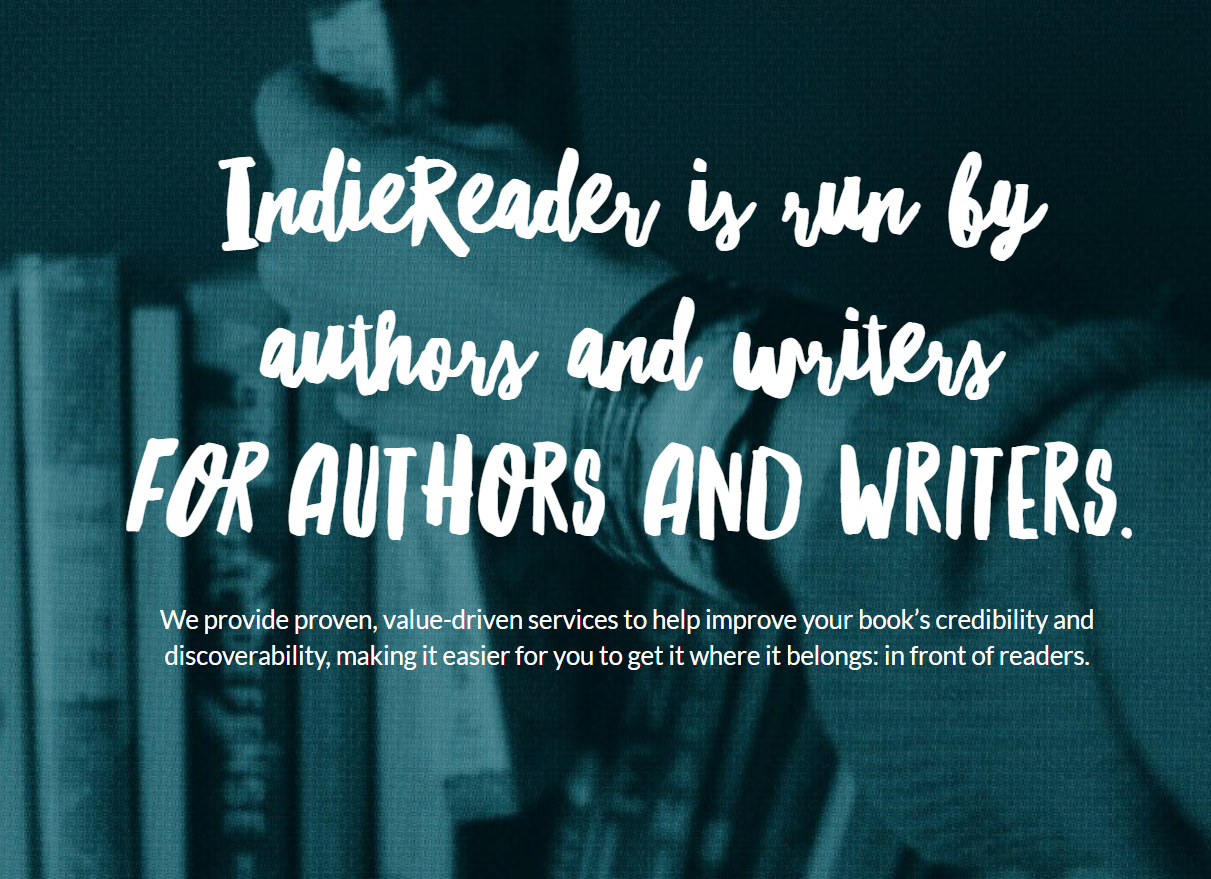Each night time, Julia Samuel goes to mattress and silently recites a listing of names. She begins together with her 9 grandchildren, then her three daughters, her son, their companions, after which her husband of 42 years – it’s a ritual she began, to take care of her household. After which each morning she will get up, has a cup of tea, and goes upstairs to take care of all people else’s.
Samuel holds a novel place within the British psyche, one seeded earlier than she was born (into the banking facet of the Guinness dynasty) and one which grew in sophisticated methods together with her look within the tabloids alongside her good friend Diana, Princess of Wales, evolving once more as she grew to become a counsellor, working within the NHS at St Mary’s Hospital in Paddington, the place she pioneered the function of maternity and paediatric psychotherapist, and based the charity Little one Bereavement UK.
Now 62, she’s a bestselling writer of books that try to information readers via trauma and alter, and consequently has turn into the general public face of bereavement, so typically essentially the most darkly personal factor. It was Samuel who Brendan Cox referred to as earlier than breaking the information of his spouse’s homicide to their kids, and (although neither have confirmed this) Samuel who Meghan Markle is believed to have referred to as when she felt suicidal throughout being pregnant. This function, a form of unofficial grief tsar, should carry with it a specific amount of stress. “I don’t really feel stress,” she smiles, “I really feel power. The previous few years I’ve seen extra struggling than I’ve ever seen in my entire profession. The truth that there was no bedside or graveside – it’s been a way more sophisticated grief. Rather more protracted, extra traumatic. Seeing your companion die on an iPad whilst you’re isolating at house is actually terrible.” What does she suppose the ripples from this will probably be? “I feel it’ll enter the remedy rooms for years to come back.”
It’s her remedy room we’re in at this time, above her west London condo on the prime of 5 flights of carpeted stairs – she is used to ready right here for purchasers with a prepared glass of water. We’re assembly to debate her third e book. – It’s about households, the place we love and hate hardest, the one relationship we are able to by no means depart. “I grew to become fascinated by how patterns in households get handed on. And the way what isn’t handled in a single era goes right down to the subsequent till somebody’s ready to really feel the ache. Typically, it’s the issues which are unsaid that trigger extra hurt than the occasion itself, or the tales which are made as much as cowl up the secrets and techniques.” There are eight case research, together with the household of a homosexual couple adopting a daughter, the ultra-Orthodox household of a survivor of Auschwitz, and a household lastly able to cope with their father’s suicide. Samuel unrolls every story like a fragile canvas, explaining her personal emotional reactions alongside the way in which. She’s typically instructed she cries lots for a therapist. “Effectively, I’m emotionally invested. And I couldn’t placed on a masks – I feel a part of having the ability to create a therapeutic relationship is that it’s real. However I hold one foot in my world so I can transfer again after which be responsive. As a result of in any other case…” What? “I’m not doing my job correctly.”
Her e book begins with the road, “Each household has a narrative,” besides, her household by no means instructed theirs. She grew up in a home of privilege and ghosts, the place her three siblings and twin brother have been raised with stiff higher lips and framed pictures of the useless. At 20, she married, and over the subsequent 9 years had 4 kids. Changing into a mother or father herself impressed her to consider her personal mother and father’ histories of dependancy, and at 27 she went with a good friend to an AA assembly. “I heard folks speaking about how they really felt. I had no concept that individuals may actually do this – it was extremely highly effective. Now once I look again, I feel I wished to do that work due to all of the unexpressed lack of my mother and father. But it surely took me a very long time, and various remedy to work that out.” Over the course of scripting this e book, assembly households over Zoom, individuals who hadn’t come to her to unpick their pasts however as an alternative to cope with their painful presents, she discovered herself modified once more.
“I used to be a really imperfect mom and I’m additionally an imperfect grandmother,” she chuckles. “However I’m a bit extra compassionate in direction of myself about it now. And I felt in another way about my very own mother and father, too, how they’d been so impacted by their historical past, their losses. After writing the e book, I ‘bought it’ in a a lot deeper means.” Can she inform me extra about that? “You’d be an excellent therapist,” Samuel smiles, and I wait, professionally. “Effectively. I actually love my [late] mum and pop, however they have been fairly old-school. I had understood psychologically why they didn’t speak a lot in regards to the folks they’d misplaced, as an illustration their mother and father within the First World Conflict. However I feel I nonetheless held some stage of criticism for them. And now I can see they didn’t actually have any choice.” She’s reluctant to speak about her personal kids, or how her (allegedly) “imperfect” parenting may need impacted them, however she’s going to provide a quote from Nora Ephron. “She mentioned: ‘You already know you’ve introduced up profitable children once they can earn sufficient to pay for their very own remedy.’ Ha!”
Samuel’s future, when she was rising up, was the lifetime of a snug housewife, maybe a bit of mild fundraising. And for some time it regarded as if she was content material with that – she labored as an inside decorator within the Nineteen Eighties, sharing college pick-ups with Diana. “However I all the time preferred work. The construction, the aim of it. It’s a giant a part of my id. I like being a special particular person, being outdoors your loved ones. I didn’t know till later how significant that was.”
I all the time preferred work. The construction, the aim of it. It’s a giant a part of my id
At 31, after coaching, she went to work within the obstetric unit of St Mary’s as its first counsellor for households whose kids had died. Earlier than then there was little or no assist round stillbirths within the UK. “I feel in some methods, not understanding what I didn’t know supported me. So I listened and I cared.” Her first case was a pair whose daughter had been born at 28 weeks and died a month later. Just lately, strolling via an airport, Samuel noticed the mom once more – they’d had one other baby, he’d just lately bought married, they hugged. She grins, remembering. “You don’t ever recover from a loss of a kid, however by the point they stopped seeing me they did discover a way of life with it.”
Three years later, Samuel based a nationwide charity that helps households and trains professionals to assist when a toddler dies or is bereaved. “It was about getting the hospitals to cease saying, mainly, ‘You must transfer on.’” In apply that meant issues akin to encouraging maternity items to assist mother and father of stillborn infants to take pictures and footprints, to have a correct funeral. “In order that they’ve recollections, actually. As a result of the moments between the start and the funeral is the one time they’ll ever have with that child. They usually can’t return and put that proper. You must give them time to make vital selections: do I costume them on this? Will the siblings come and see the infant? All that felt very… important.”
It happens to me that via her work Samuel is offering a map to steer her mother and father’ era, whose framed pictures of misplaced kinfolk took the place of dialog about dying, in direction of a more healthy future the place grief is known, acceptable and generally messy. For all her superstar attachments, it’s her potential to behave as a hyperlink that will probably be her legacy. She pauses to contemplate. “I hadn’t considered it like that. However sure, I’ve taken the training from my expertise and used it to enhance the experiences of different folks. Speaking about dying and bereavement is insufferable, so I need everybody to get the assist they want, from the establishments but additionally from their household, so that they don’t say the unsuitable issues.” What are the unsuitable issues? “‘Don’t fear, you possibly can have one other one!’ Or, ‘They have been so little, you didn’t even know them.’” She shudders barely.
Earlier than working with a homosexual couple who have been planning to undertake a child she “immersed” herself in analysis papers, LGBTQ+ books, knowledge and memoirs, and “gave herself a pointy dig”. “I didn’t realise I used to be so heterosexually biased,” she says. “It was a beautiful enlargement of understanding.” It’s placing all through her e book how frequently Samuel names her privilege, pausing within the narrative to explain the analysis she took on or the discomfort she felt. “Effectively, in fact. The factor I all the time begin with is that after we work collectively, we carry our histories with us. Our histories will meet and if I’ve misunderstood what you’re saying or what your experiences are, let me know. However what I didn’t tackle board earlier than was the extent of privilege I’ve simply strolling into a store. And never having that have of being checked out like a Black lady may, or their weathering of tension of being a black physique in a white area. That’s what I’m studying on a regular basis. I nonetheless discover it uncomfortable. However there’s no means I can work authentically with folks with out naming our variations of expertise.”
There’s no means I can work authentically with folks with out naming our variations of expertise
When she left St Mary’s after 25 years, she started working with adults who have been dying. “It put me far more in contact with my very own mortality.” She wrote down all her passwords and WhatsApped a photograph of them to her kids, “telling them I’ve ready every part that I’d need once I died, that I didn’t need to be resuscitated, all these sorts of issues”. She’d realised we should be speaking about dying after we are alive and properly. “There was a girl I used to be seeing whose buddies wouldn’t speak to her in regards to the reality she was dying. They stored saying issues like, ‘The medication is superb, you’re going to be tremendous.’ And she or he was by no means going to be tremendous. That had a big effect.”
Typically Samuel recites an acronym: Wonderful – freaked out, insecure, neurotic and emotional. However spending her time dealing with dying did two issues to her. It made her grateful for her personal life and that of the folks she loves. And it made her flip off the TV. “Sure, once I’m not working I need nothing to do with dying. So I don’t watch unhappy movies. I don’t learn unhappy books. I don’t watch the information. I do every part that’s to do with life and vibrancy and completely happy endings.” She began kickboxing 28 years in the past, “as a result of it makes me really feel fierce and robust”. Seated nonetheless, she reveals me two stabby little punches earlier than smoothing down the darkish florals of her costume. “It’s a means of releasing all my frustration – I discover it extremely satisfying.” What does she take into consideration when she’s boxing? “Folks’s tales that I’m upset about, or extra typically nothing in any respect – I simply really feel pure, pure pleasure.”
Combating is one thing that issues to Samuel. Regardless of her boxing abilities, “I’m not superb at combating,” she says. “However inevitably the place we love most we additionally annoy one another most. And if we hold swallowing what’s aggravated us, it causes a separation. Combating productively means not utilizing phrases as weapons of mass destruction.” The essential factor is the restore – when everybody has calmed down, she says it’s vital to debate what the battle was actually about. “And it might have been that your mum forgot your swimming equipment that morning. But it surely additionally may have been that you just really feel unhappy since you felt forgotten. Then you definately really feel nearer and extra trusting, as a result of you possibly can battle and nonetheless be beloved.” As she was reminded by working with households over lockdown, generally these fights are by no means resolved. Like that forgotten swimming equipment, they ripen and develop mould, poisoning relationships for many years to come back. “Issues get buried after which dragged up. And so, you don’t really feel beloved afterwards, you are feeling injured. And that may keep in you perpetually.” I say I really feel like this must be a part of the curriculum. “Undoubtedly!”
I perceive that individuals felt they actually knew and beloved Diana. However I nonetheless really feel unhappy at this time
So, I need to ask… I begin. “Oh, should you?” she winces. Now we have to speak about her relationship with Diana and her sons – Samuel is godmother to Prince George and as such stays a determine of intense curiosity, with particulars of the kind of presents she offers him (giant, noisy and with many sophisticated items for William to place collectively) verging on entrance web page information. “Effectively, I really feel fortunate I used to be such an excellent good friend of Princess Diana. And I actually love my godson, George. And it’s a stunning means of loving her,” she says, elegantly. I ponder how a lot affect she had on the princes’ resolution, which on the time felt so radical, to speak publiclyabout their very own psychological well being. “I feel each the princes have actually turned the dial on speaking about grief so truthfully and likewise about psychological well being. However that was all theirs – fully off their very own bats.” I keep in mind driving via London the nights following Diana’s dying, seeing all of the flowers, their scent heavy on the wind. How did it really feel to grieve her good friend’s dying privately when strangers have been grieving so loudly? “I felt indignant,” she says. “I used to be indignant that she died, and shocked and I couldn’t actually perceive all of it. I imply, I perceive it higher now.” I wait. “I perceive that individuals felt they actually knew and beloved her. However I nonetheless really feel unhappy at this time.”
She seems a bit of pained and I apologise – it’s one factor to ask her to speak about grief, it’s fairly one other to ask repeatedly a few good friend who died 25 years in the past. “I really feel that in some methods, my skilled life is totally separate from my friendships and personal life. However, in fact, nothing is separate. Who I’m and who I do know can also be a part of my skilled self. And so…” she shrugs. “That’s me.”
I prepared myself to return outdoors, right into a sq. behind Hyde Park the place the nation is limping again to work after months at house. In addition to grief, Samuel has seen in her purchasers the smaller irritations the pandemic has brought on, the anxieties, the pains. “However ache is the agent of change. So we’ve got to permit this new actuality to hit us. And it’s uncomfortable, so we’ve got to assist ourselves via it, primarily via love and connection.” How does she cope with change? “I actually don’t prefer it, so I resist.” After which? “After which,” she grins, leaning ahead in her consulting chair, “I swallow my very own drugs.”
‘My mother and father formed me’
Julia Samuel displays on her family’s trauma on this extract from her new e book
The story of the household I used to be born into was one in all nice privilege and a number of traumas. However we didn’t inform tales. There was no narrative or understanding of what had been, what was occurring, or the way to cope with it. My mother and father have been younger adults in the course of the Second World Conflict. My father was within the Navy and my mom was a Land Lady. However that was not the place their accidents lay. My mom’s mother and father and two siblings had all died all of a sudden and unexpectedly by the point she was 25 years previous. My father’s father and brother had additionally died, with out warning, when he was nonetheless a younger man. Their fathers had fought within the First World Conflict. As with the vast majority of folks residing in that period, and as my era of baby-boomers can attest, they abided by the necessity to survive and multiply. That they had admirable tenacity, grit and braveness. Their path to survival, the one one open to them, was to neglect and transfer on. They lived by the adage that what you don’t speak or take into consideration gained’t harm you. Placing on an excellent present, hiding vulnerability and, sure, a stiff higher lip have been the mantras of my childhood and that of most of my era. However even when it’s out of sight – maybe particularly when it’s out of sight – the fingerprint of affection and loss inside us continues to assemble complexity. It isn’t all the time seen to the bare eye, however remains to be sophisticated, nonetheless textured, nonetheless painful.
What is commonly not recognised is that behaviours like these are the legacy of trauma. Trauma doesn’t have language. Trauma has no idea of time. It sits on excessive alert in our our bodies, able to be ignited many a long time after the unique traumatic occasion. It doesn’t enable for the processing of emotion. For me it meant many items of the jigsaw have been lacking. I keep in mind taking a look at black-and-white pictures of my useless grandparents, aunts and uncles, inspecting them for clues as a result of I knew virtually nothing about them. The primary time I noticed {a photograph} of my maternal grandfather was this yr. There have been so many secrets and techniques and a lot was left unsaid that I look again at my mother and father now and surprise: what did they know? What did they consider? Did they know what they felt? As a pair, did they ever speak in regards to the issues that mattered to them? And people secrets and techniques, did they inform one another or not? They actually didn’t voice any of it inside my earshot.
There have been so many secrets and techniques and a lot was left unsaid
This meant I used to be continuously observing and listening for clues. Because it turned out it was the right brew to ferment a psychotherapist: I used to be all the time curious, listening intently, keenly taken with what was occurring behind the façade, like a detective wanting within the mud for footprints.
My mother and father have died but they stay on in me, frequently shaping and influencing me, as do all our key relationships. I’m vastly grateful to them. I learnt from them many essential abilities, behaviours and methods of being that serve me properly. I nonetheless profit now from the immense alternatives they gave me.
I’m no totally different from my purchasers – each one I’ve counselled has centered on their household. They need to know why they’ve issue with their kinfolk or describe why they love them, and every part in between. In my remedy, I spent nice tracts of time exploring my household of origin and my household now, making an attempt to make sense of what was occurring.
At its greatest, household is the protected place the place we will be our entire selves, with all of our frailties and faultlines, and nonetheless be beloved and deeply understood. Ideally, it’s a place the place the roots of our improvement are totally recognized, the environment we grew up in acknowledged.
When they’re “adequate”, as Donald Winnicott, the eminent paediatrician and psychoanalyst, termed it, households kind the bedrock of our lives, a basis that retains us regular after we face the brickbats of life. When functioning properly, we are able to flip to our household in adversity, and for staff assist. When the exterior world feels fractured and alienating, house and household generally is a refuge to heal and rebuild our power.
We might not see our household, however they’re nonetheless a part of us, genetically, in our recollections and our unconscious. We will by no means depart them, as we are able to a companion or a friendship.
On the coronary heart of wellbeing is our core id
There are ongoing debates about nature and nurture. Once we are born we’re given a genetic blueprint: our propensity for intelligence, athleticism and character traits, and we all know that their potential will be fulfilled or blunted by our surroundings. The random luck of what sort of household we’re born into, wealth or poverty, historical past, psychological well being and household patterns, influences the standard of the nurture. However on the coronary heart of wellbeing is our core id: “I’m beloved and I belong. This household is my house and protected place no matter occurs to me or them.”
From my very own expertise and what I’ve learnt from the households I see, when evaluating non-biologically and biologically associated households, the tales we inform ourselves turn into who we’re. Once we are instructed truthful tales, we belief that we’re beloved and belong. And we thrive, no matter our genetic inheritance or connection.
Households are messy, chaotic and imperfect. The place we love and care most, we additionally harm most, battle hardest and make our deepest errors. But we thrive when our household is held securely inside and round us. It’s definitely worth the effort, heartache and strife. Once we can belief in it, it may be the pressure that holds us collectively when our world is upended. Even throughout nice distances, when our household is on the centre of our being it might assist us discover our personal equilibrium regardless of the dysfunction and insanity on this planet.
The very best factor we are able to do to assist that is to prioritise our household, in our hearts, our minds – and with our time.
Each Household Has a Story by Julia Samuel is revealed by Penguin Life on 17 March at £14.99. Purchase it for £13.04 at guardianbookshop.com






